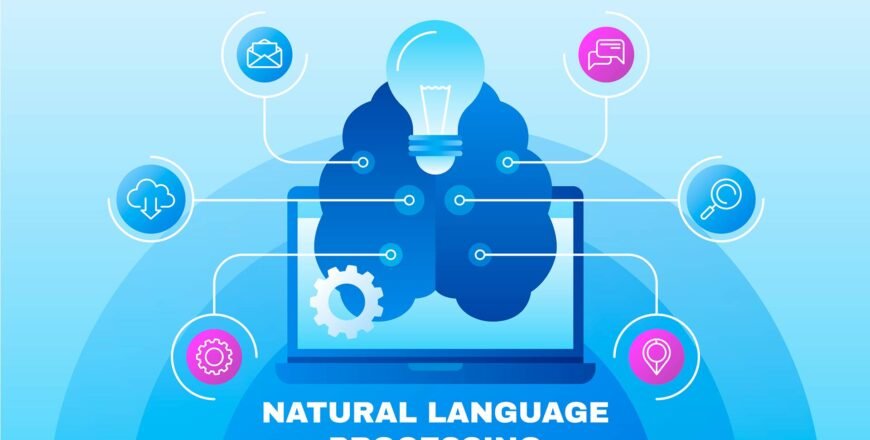Natural Language Processing (NLP) with Python & Deep Learning
- Description
- Curriculum
- FAQ
- Reviews
Course Description
Unlock the power of human language for machines. Natural Language Processing (NLP) is one of the most exciting and high-demand fields in AI, powering everything from Google Search and ChatGPT to voice assistants and automated translators.
This comprehensive course is designed to take you from absolute beginner to proficient NLP practitioner. You,ll not just learn theory, but get hands-on experience building real-world projects. We,ll start with the fundamentals of text preprocessing, move through machine learning for text, and then dive deep into modern Deep Learning and Transformer architectures like BERT and GPT.
What will you learn?
- Text Preprocessing: Master tokenization, stemming, lemmatization, and POS tagging
to clean and prepare raw text for analysis. - Classic ML for NLP: Build text classifiers with Naive Bayes and Logistic Regression
using Scikit-learn for spam detection and sentiment analysis. - Word Embeddings: Understand and implement Word2Vec, GloVe, and FastText to
capture the meaning of words. - Deep Learning for NLP: Build advanced models with RNNs, LSTMs, and the
revolutionary Transformer architecture. - State-of-the-Art Models: Fine-tune powerful pre-trained models like BERT, GPT, and
T5 for your own tasks. - Real-World Applications: Build projects for Named Entity Recognition (NER), Text
Summarization, Machine Translation, and Question Answering.
Career Opportunities
Graduates of this course can pursue roles such as:
- NLP Engineer
- Data Scientist (with NLP specialization)
- Machine Learning Engineer
- AI Specialist
- Computational Linguist
- AI Product Developer
- Chatbot/Voice Assistant Developer

12 Weeks | Weekend Live Sessions | 150 Hours Total
To ensure your success in this course, we recommend the following foundational knowledge. Don,t worry if you're rusty—we provide refresher resources!
- 1. Basic Python Programming:
- Understanding of variables, data types, loops, functions, and basic data
structures (lists, dictionaries). - We will primarily use Python, not R, for this course.
- 2. Foundational Mathematics (Helpful, not mandatory):
- Statistics: Mean, median, standard deviation.
- Linear Algebra: Basics of vectors and matrices (what they are, not advanced
operations). - Calculus: Conceptual understanding of a derivative (e.g., it represents the rate of
change).
- Aspiring Data Scientists and ML Engineers who want to specialize in NLP.
- Software Developers looking to integrate advanced language AI into their applications.
- Students and researchers who want to understand and apply cutting-edge NLP
techniques. - Anyone with curiosity about how AI understands language and a desire to build those
systems themselves.






